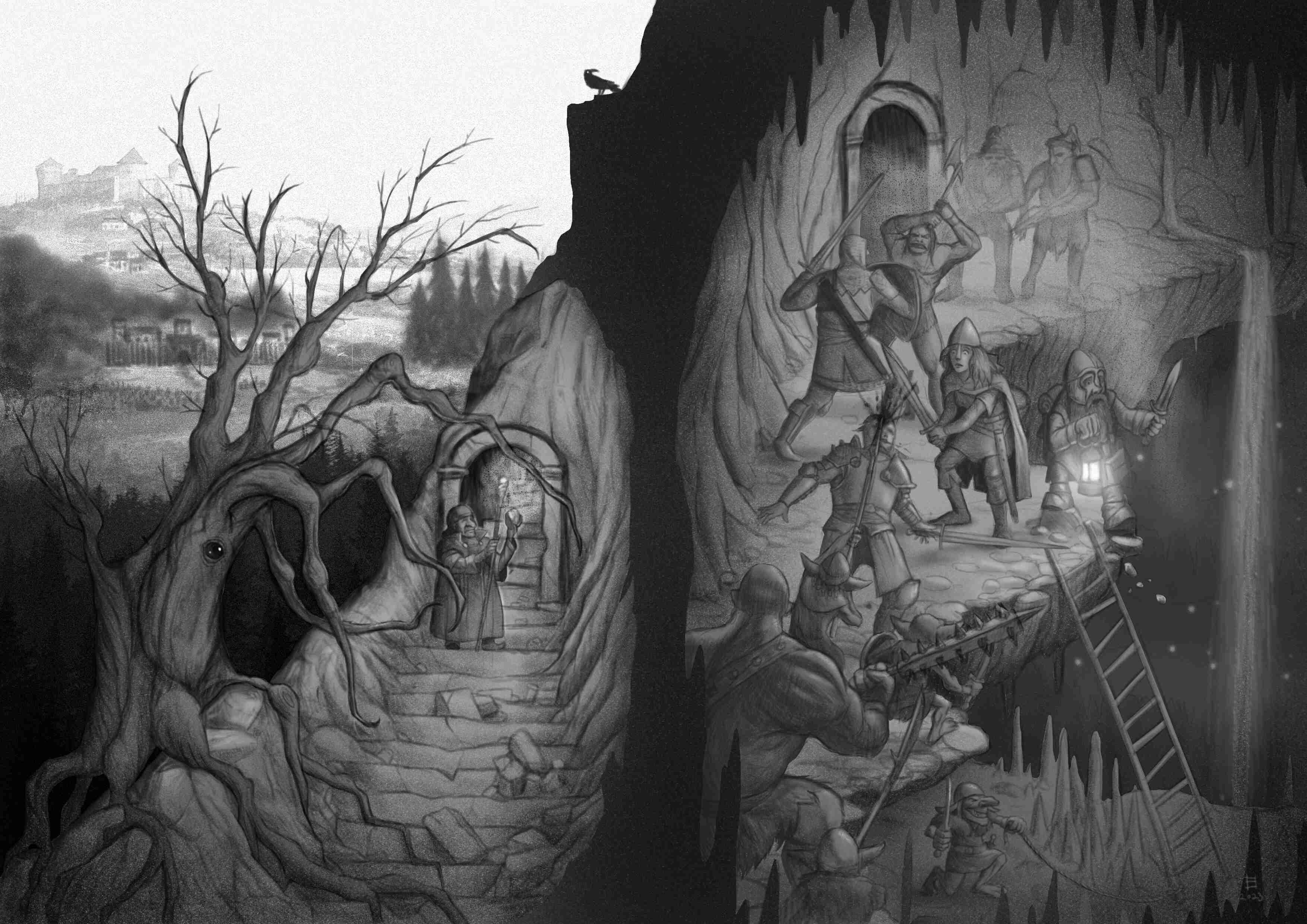

I’m likely starting a game next month, so if you have any ideas, shoot them over. There’s an issue boards on Gitlab.
You can definitely port Requiem ideas with the files, though if you want 100% actual Requiem, you’re better off remaking it from scratch (took me 3 months though, so it’s not done lightly). And I’ve kept a branch called ‘original’ which has the original, unmodified books, or as close as I could make in case anyone wants to start from there (go to source files, click ‘branch’, then click ‘original’).
After you mentioned Malkavians, I started thinking about better derangement rules. I’ve just pushed a new copy up 5 minutes ago (same link, but the Derangement rules have been changed).










Ye gods, I finished this video and now I’m going grey.
Worth it though.